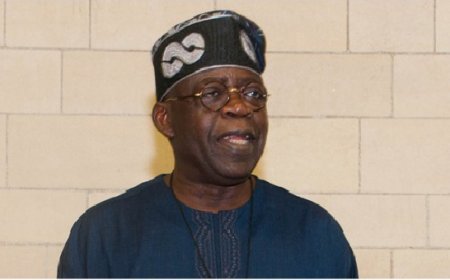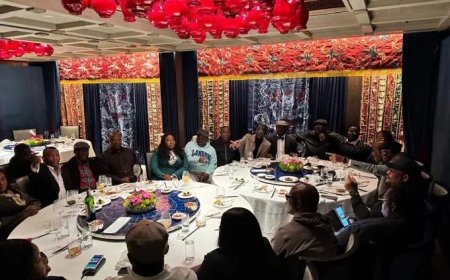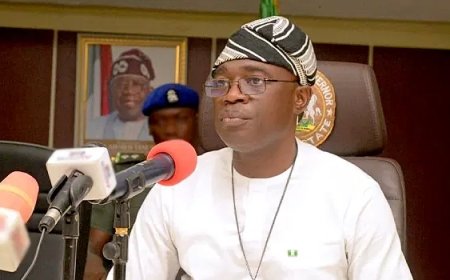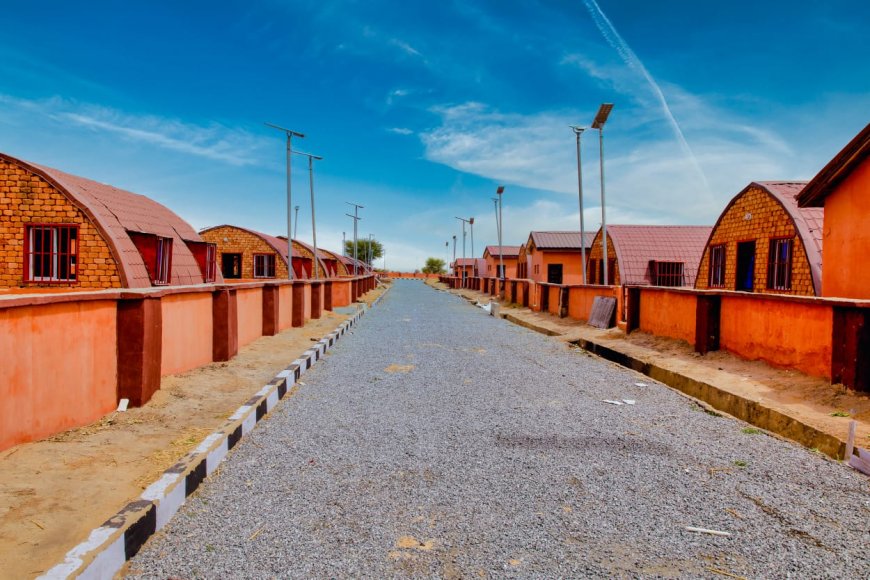FCT houses for judges: SANs back CJN’s project endorsement
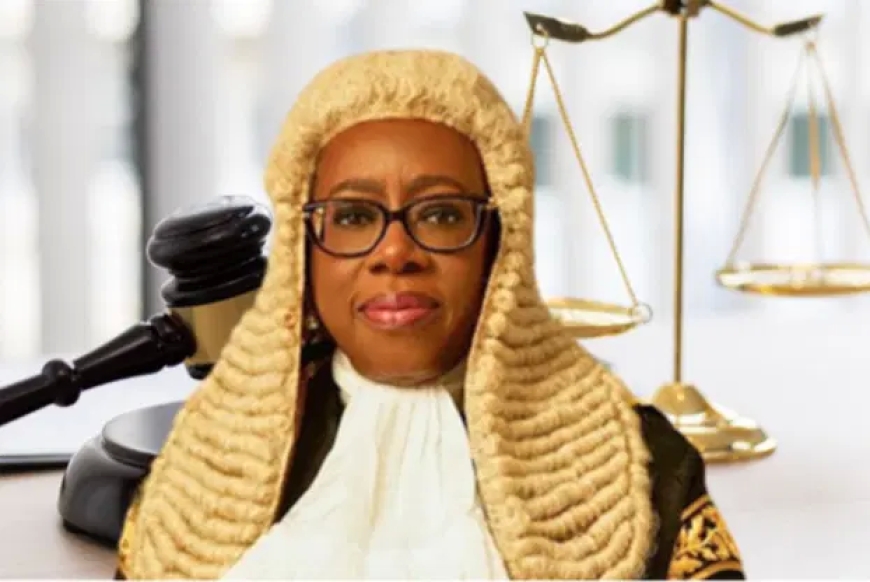
Recently, tongues have been wagging, particularly on social media, over the decision by the Chief Justice of Nigeria, Justice Kudirat Kekere-Ekun to attend the foundation-laying ceremony for the construction of 40 housing units (owners-occupiers) for different categories of judicial officers in the Federal Capital Territory.
In this report, Vanguard’s Law & Human Rights provided background and surveyed senior legal practitioners’ views on the issue.
On October 21, 2024, the Chief Justice of Nigeria, Justice Kudirat Kekere-Ekun, flagged off the design and construction of an unprecedented N50 billion housing project for Justices of the Court of Appeal, Judges of the Federal High Court and Judges of the High Court of the Federal Capital Territory, FCT, in Abuja.
The gigantic project, located in Katampe, a developing Phase 2 District of Abuja City renowned for its serene environment and breath-taking views, adjacent to Ministers’ Quarters in Mabushi, is on a 5.2 hectare-land, divided into three sections for three categories of judges in Abuja—Justices of the Court of Appeal, Judges of the Federal High Court and Judges of the High Court of the FCT.
The undeveloped land, formerly allocated to Julius Berger about 15 years ago before it was recently revoked, is designed to house 40 units of 5-bedroom duplexes, 40 units of 3-bedroom Boys Quarters, three event centres, three corner shops, three power generating plants, three security houses, playground in the three sections and associated infrastructure of the property which include the internal road network, dedicated transformers, among others.
According to the Minister of the Federal Capital Territory, justices of the Court of Appeal will have 10 of the housing units; justices of the Federal High Court will have another 10 of the housing units while the judges of the High Court of the FCT will have the remaining 20 housing units.
By implication, one section of the project belonging to the justices of the Court of Appeal will house 10 units of 5-bedroom duplexes, 10 units of 3-bedroom boys quarters, one event centre, one corner shop, one power generating plant, one security house, a playground with internal road network and a dedicated transformer while another section meant for the justices of the Federal High Court will also be designed the same way.
But the third section meant for the high court judges of the FCT will have 20 units of 5-bedroom duplexes, 20 units of 3-bedroom boys’ quarters, one event centre, one corner shop, one power generating plant, one security house, a playground with internal road network and a dedicated transformer.
The project, according to the FCT Minister, Nyesom Wike, was initiated by the administration of President Bola Tinubu not only to enhance the welfare of judicial officers but also to shield the third arm of government from undue interference and compromise.
The number one judicial officer in the country, Justice Kekere-Ekun, was invited by Wike to flag off the construction of the housing units.
Other heads of courts including the President of the Court of Appeal, Justice Monica Dongban-Mensem, the Chief Judge of the FCT, Justice John Tsoho, the Chief Judge of the High Court of the FCT, Justice Husseini Baba-Yusuf were physically present at the event.
All attendees took turns to commend the efforts of the administration of President Tinubu to invest in the judiciary and enhance the welfare of judicial officers in the country in line with the visions of the founding fathers of the judiciary that judges should be properly housed in government-provided quarters to ensure the impartiality and the integrity of the judiciary.
However, not long after the event, a former Chairman of the National Human Rights Commission, academic and renowned columnist, Prof. Chidi Odinkalu raised a red flag on the project through a post on his X-handle, querying the presence of the CJN at the event and expressed concern about the intention of the Executive to embark on such project for the judiciary on a land seized from a construction giant, Julius Berger.
Odinkalu who relied on Rule 2.8 of the Judicial Code of Conduct (2016) to raise eyebrows wrote: “A judge shall avoid developing excessively close relationships with frequent litigants—such as government ministers or their officials, municipal officials, police prosecutors in any court where the judge often sits, if such relationship could reasonably create an appearance of partiality.”
What's Your Reaction?











